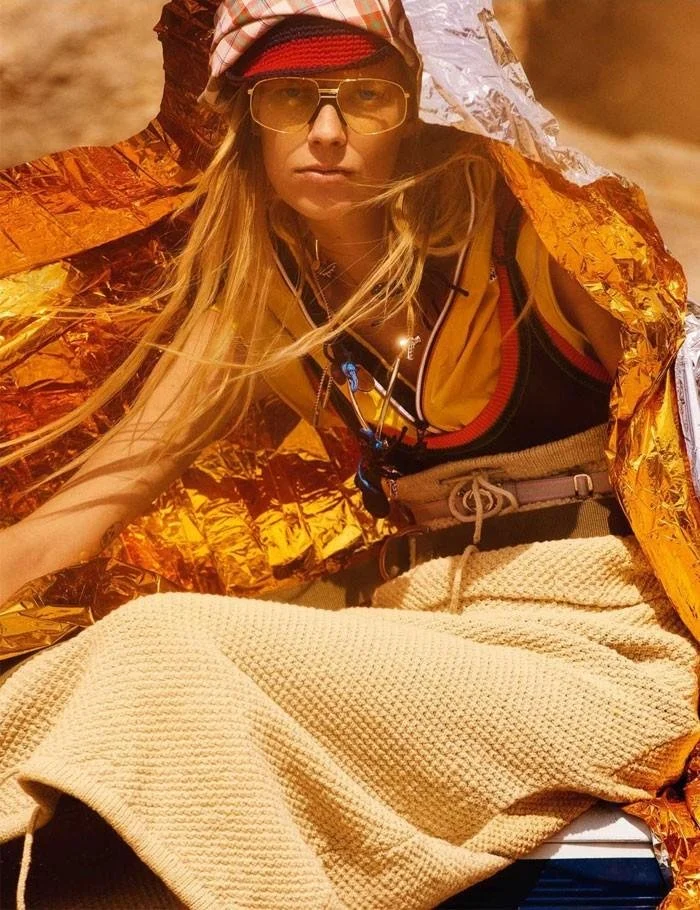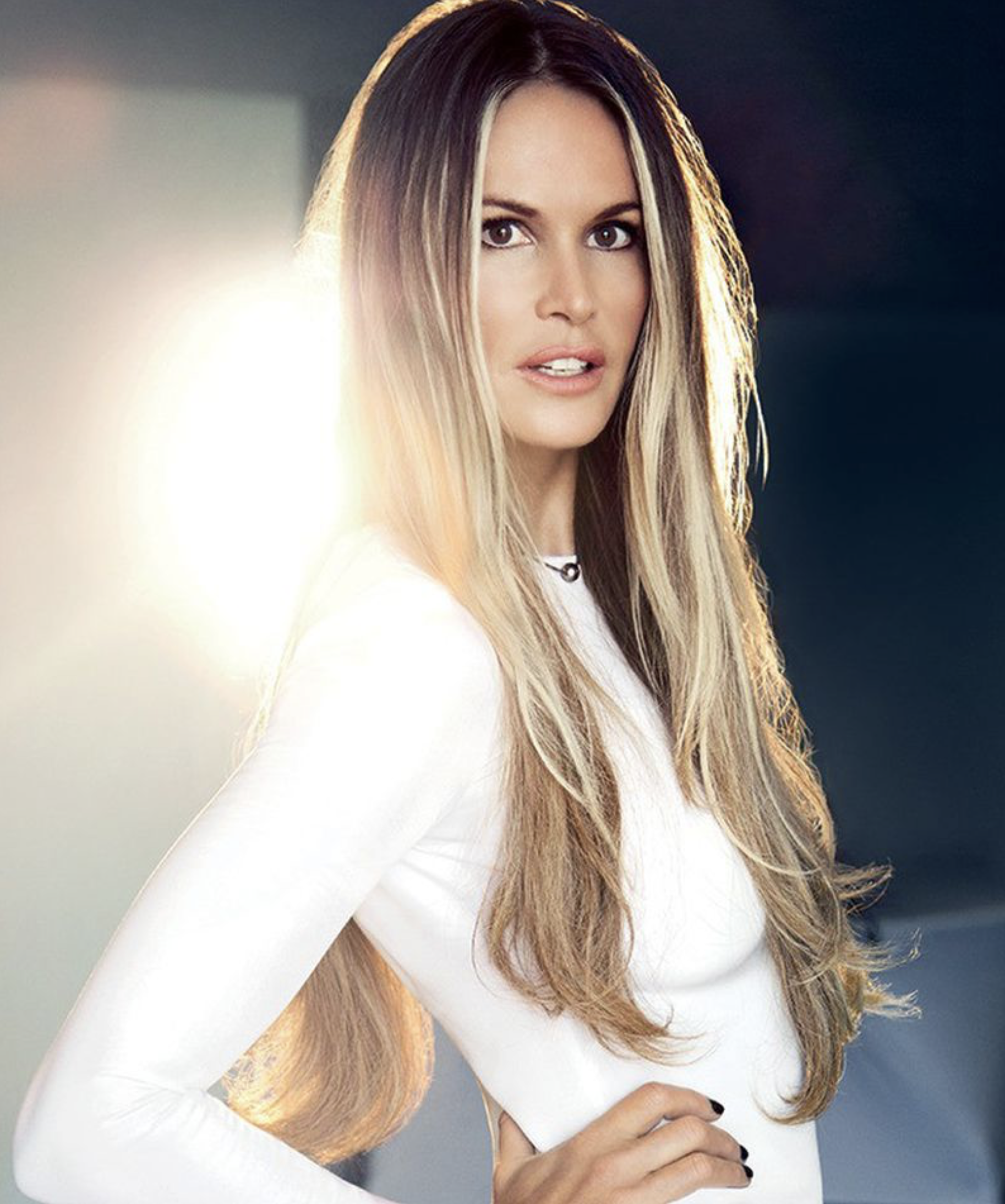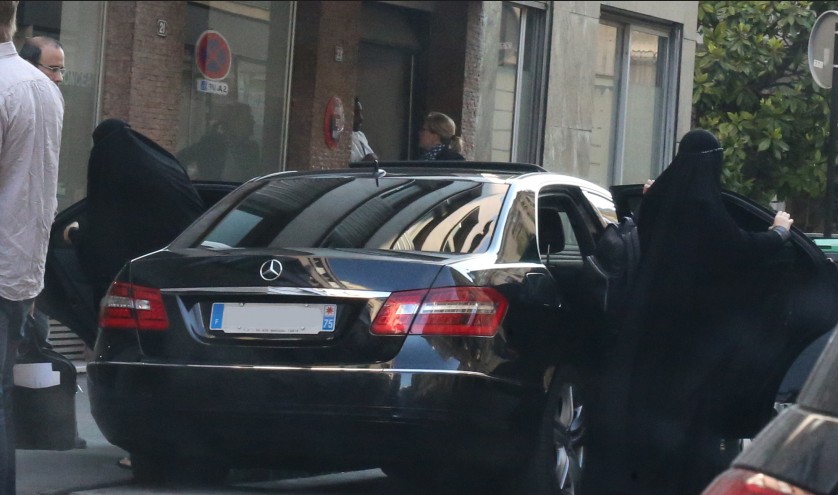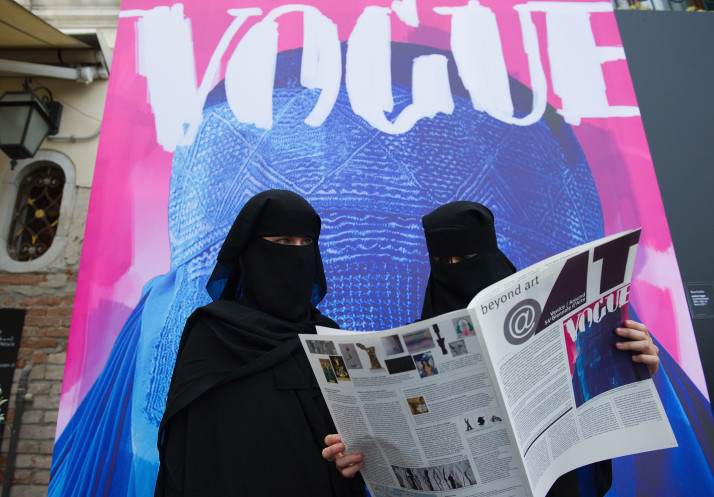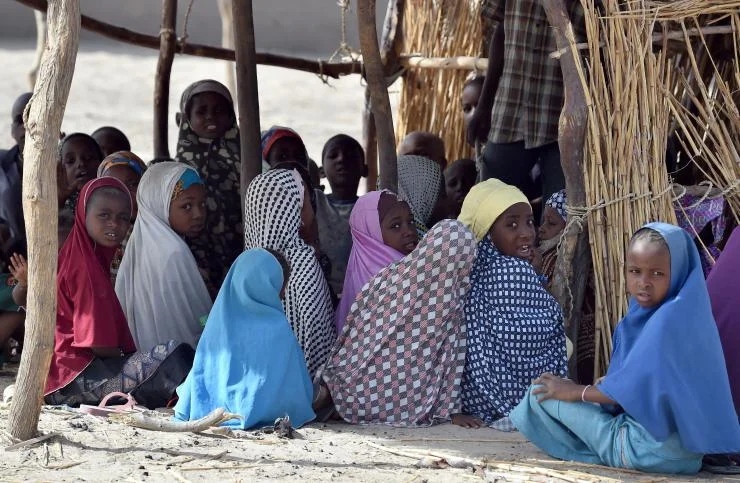Gisele Bundchen Burqa Disguise Comes As More Burqa Bans Take Effect
/Gisele’s Burqa Disquise Busted
Did Gisele Bundchen really think she and her sister would remain unknown, scurrying into Paris’ International Clinique du Parc Monceau in open-toed shoes On July 15? Worse yet, the two femmes rode in a car driven by the supermodel’s regular chauffeur.
For real women who must wear burqas or die, open-toed shoes are not permitted.
Gisele reportedly was seeking a nip and tuck on her eyes and her breasts, after having breast-fed two children. The next day her driver picked up the supermodel and sister Rafaela at the Bristol Hotel and drove them to the exclusive Les Sources de Caudalie spa, where the former Victoria’s Secret Angel, who reportedly made $47 million last year as the top model in the world, recovered for five days.
Burqa or not, Gisele was silly to think she could keep her plastic surgery visit under wraps.
On the subject of women wearing burqas, the French are quite sensitive, having banned the burqa on the streets of Paris in 2010.The fact the Gisele pulled the stunt during the month of Ramadan, causing strict Muslims to be offended over her disrespectful act. Her action came at a time when several African countries have instituted new burqa bans, now that the disguise is being used by terrorists.
Then there is the minor matter of Gisele telling her adoring fans that there is “no way” she’d ever have plastic surgery.
Note that there are a few naysayers who insist that the story isn’t true. There have been no denials from the supermodel or members of her staff.
Global Burqa Ban News July 2015
The Dutch debate the burqa — and ban it Politico
The areas covered by the ban — schools, transportation, hospitals and government buildings — are those places where concerns for interpersonal communication and safety are especially critical, said Afshin Ellian, a professor of jurisprudence at the University of Leiden and an expert on multiculturalism, citizenship, and human rights. “People have to be recognizable in such areas,” he said. “And anywhere in a free society, it is crucial that people are able literally to look each other in the face.” In a statement to the press, Plasterk echoed that importance, noting that “in schools you have to be able to look one another in the eyes. If a mother comes to pick her child up at school you need to be able to see if it really is the mother.” (Indeed, in January, 2013, a woman wearing a niqab kidnapped a Muslim child from a local school; the five-year-old girl, who could not see her abductor’s face, thought the kidnapper was her own mother, who also wears a niqab.)
Niger Bans Full Islamic Veil In Diffa After Suspected Boko Haram BombingsInternational Business Times
Niger banned the full Islamic veil in the country’s southeast border region of Diffa following a spate of suicide bombings by women dressed in the religious garment, an official told Agence France-Presse Wednesday. The attacks have been blamed on the Nigeria-based Boko Haram terror group, which Niger’s army has been battling since February.
“Women in the region are forbidden from wearing the full veil until further notice, in order to prevent suicide attacks by Boko Haram,” Diffa Mayor Hankouraou Biri-Kassoum told AFP.
Chad Burqa Ban: Islamic Veil Crackdown Announced in Central African NationInternational Business Times
Chad is enforcing a ban on Islamic face veils instituted last month after a suicide bomber dressed as a woman killed more than a dozen people at the main market of the Central African country’s capital, N’Djamena. No one immediately claimed responsibility for the attack, but Chadian authorities have pointed the finger at Nigerian-based Islamist militant group Boko Haram, according to RT news.
Numerous witnesses said the male attacker tried entering the crowded market wearing a burqa but was stopped for a security check. He then detonated his explosives, killing at least 15 people and wounding 80 others, Reuters reported. Chadian authorities in June outlawed the head-to-toe Islamic garb following a series of suicide bombings in the Muslim-majority country. Chad joined neighboring Nigeria in the fight against Boko Haram after the insurgents began launching deadly cross-border attacks.
Burqa ban in northern Cameroon OtagoDaily Times
Cameroon has banned burqas in the Far North region after two women dressed in the religious garments blew themselves up last week in a suspected Boko Haram attack, a local governor says.
The twin attacks in the northern town of Fotokol killed at least 13 people, the government said.
Will the Burqa Be Banned in Berlin?New York Times
IN the last few weeks, many Germans have come to know a young Muslim blogger in Berlin named Betul Ulusoy. Having obtained a law degree, Ms. Ulusoy applied for several jobs in Berlin’s city administration as a trainee, and was hired for a post in the city district of Neukölln.
But when she came to sign the contract in a head scarf, she says, she was informed that the administration would have to reconsider the decision because of the city’s “neutrality law.” Like several other German states, Berlin requires its employees in certain positions by law to refrain from wearing religious symbols or dressing in a way that makes them recognizable as members of a certain denomination.
Uncowed, she took her story public and set off a fierce debate about the place of the head scarf in German society.
Anne of Carversville has a long and engaged history of writing about burqa bans. Many of Anne’s articles have been translated into Arabic. Read on.

